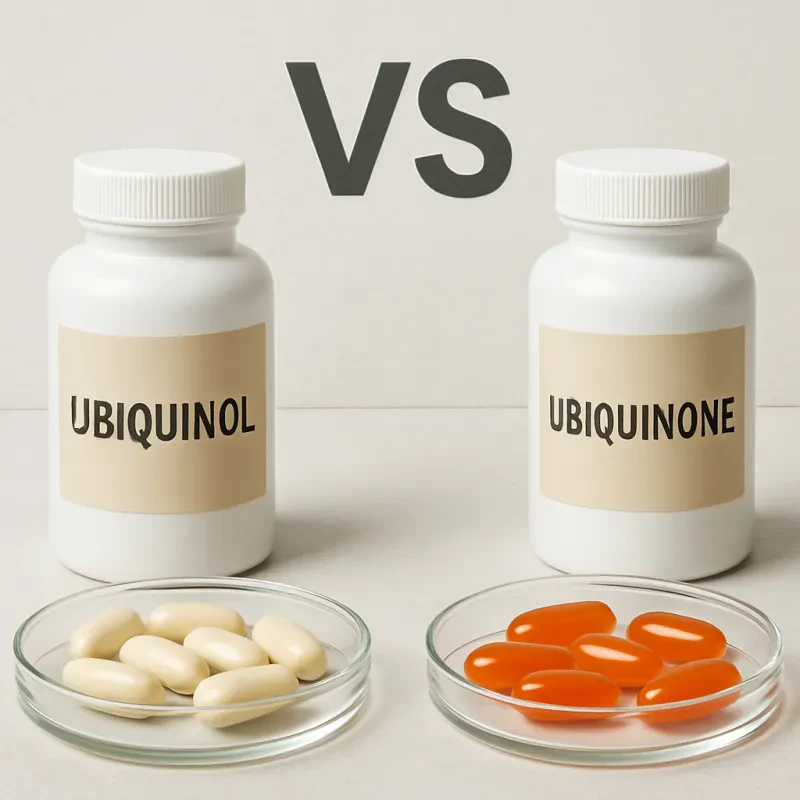Vitamin C is an essential nutrient that is necessary for maintaining a healthy immune system. It is a powerful antioxidant that helps to protect our cells from damage caused by free radicals. By including vitamin C in your daily diet, you can help to boost your immune system and decrease your risk of getting sick.
One of the key benefits of vitamin C is its ability to promote the production of collagen, which is essential for healthy skin, hair, and nails. By including vitamin C in your daily routine, you can help to improve the overall health of your skin and give it a youthful glow. Additionally, vitamin C can also help to reduce the appearance of fine lines and wrinkles, making it a popular choice for those looking to maintain a youthful appearance.
In addition to its benefits for the skin, vitamin C also plays a crucial role in the absorption of iron from plant-based foods. This is especially important for individuals who follow a vegetarian or vegan diet, as iron absorption can be more challenging without the presence of vitamin C. By including vitamin C-rich foods in your diet, you can help to ensure that you are getting the necessary nutrients your body needs to function properly.
Recommended Daily Intake
For pregnant women, the recommended daily intake of vitamin C is slightly higher at 85 mg per day, and for breastfeeding women, it is 120 mg per day. Children have different recommended daily intakes of vitamin C based on their age. For example, children between the ages of 1-3 need 15 mg per day, while children between the ages of 4-8 need 25 mg per day.
It is important to note that vitamin C is a water-soluble vitamin, which means that the body does not store it and any excess amount is excreted through urine. This is why it is important to consume vitamin C-rich foods regularly to meet the recommended daily intake. Some common sources of vitamin C include citrus fruits, strawberries, kiwi, bell peppers, and broccoli.
Best Food Sources
When it comes to getting your daily dose of vitamin C, there are plenty of delicious options to choose from. One of the best sources of this essential nutrient is citrus fruits like oranges, grapefruits, and lemons. These fruits are not only packed with vitamin C, but they also provide a refreshing burst of flavor.
Berries are another fantastic source of vitamin C. Strawberries, raspberries, and blueberries are not only delicious, but they also provide a healthy dose of this vital nutrient. You can enjoy them on their own, or add them to yogurt, oatmeal, or smoothies for a tasty and nutritious boost.
If you're looking for a savory option, bell peppers are an excellent choice. Red, green, and yellow bell peppers are all rich in vitamin C, making them a versatile and colorful addition to any meal. Slice them up and add them to salads, stir-fries, or fajitas for an extra punch of vitamin C.
Potential Side Effects
While vitamin C is generally safe for most people when taken in appropriate doses, there are some potential side effects to be aware of. In some cases, taking too much vitamin C can lead to gastrointestinal issues such as cramps, nausea, and diarrhea. It is recommended to stick to the recommended dosage to avoid these uncomfortable symptoms.
Some individuals may also experience allergic reactions to vitamin C supplements, including itching, swelling, and difficulty breathing. If you have a known allergy to vitamin C or citrus fruits, it is important to consult with a healthcare professional before adding a vitamin C supplement to your routine.
Lastly, excessive vitamin C intake can lead to more serious health issues such as kidney stones, particularly in individuals with a history of kidney problems. It is important to talk to your doctor before significantly increasing your vitamin C intake, especially if you have any pre-existing health conditions.



